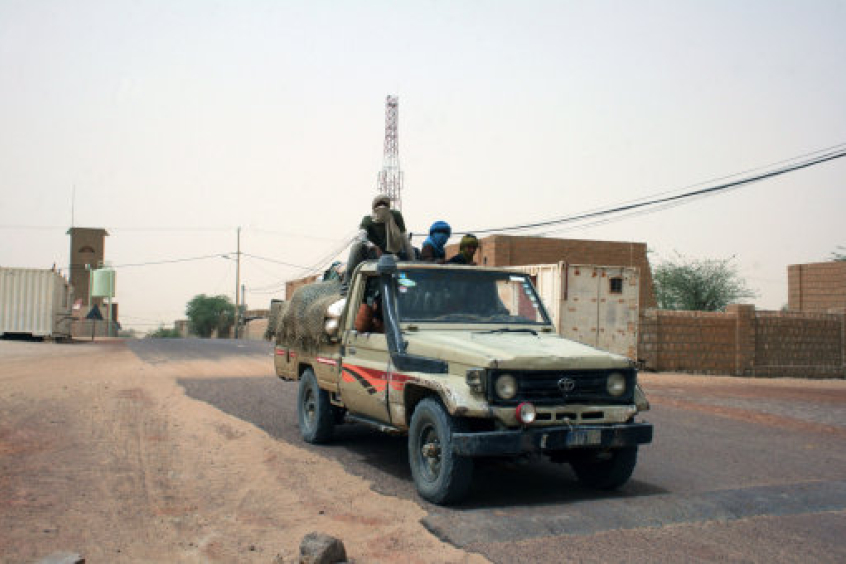
The risk of "severe" food shortages is intensifying for the people of Mali as the ongoing conflict threatens to exacerbate the hunger season, Christian Aid has warned.
The situation is worst in the north of the country where the aid agency reports a "security vacuum".
Fighting is still a problem in the region, with Kidal still under the control of MNLA Tuareg separatists.
"The departure of the French army, the continued absence of the Malian army in Kidal, and no clear agenda or timing in sight about the deployment, funding and leadership of the new UN peace keeping force, has encouraged the MNLA to take full advantage of the security vacuum," said Yacouba Kone, Christian Aids' Mali country manager.
Christian Aid says trade has been "drastically" reduced because of the fighting and that marauding gangs are causing additional hardship by plundering villages of their food supplies.
Kone said the gangs were regularly raiding cattle, looting vital food stores, and attacking villagers.
Farmers are also afraid to work on their lands because of the proliferation of unexploded mines scattered across their fields.
Kone went on to question the effectiveness of the UN peacekeeping force taking over from withdrawing French troops, saying that most of the UN soldiers had no experience of fighting in this kind of context.
"Because of the resulting high levels of insecurity, humanitarian agencies are still facing huge problems of gaining access to communities most in need," he said.
With the reduction in farming, Kone warned of serious shortages in cereal in the next harvest period. Prices already soared in April by as much as 70 per cent in April, according to the Famine Early Warning Systems Network.
"The hungry season will be particular acute because there is a frightening lack of cereal and grain stocks, and the rainy season is predicted to start much earlier this year which will very likely damage crops and seedlings," he warned.
"For the average person in Mali right now, the gap between having enough food to feed their family or not is rapidly closing - it's a balancing act at the moment."













